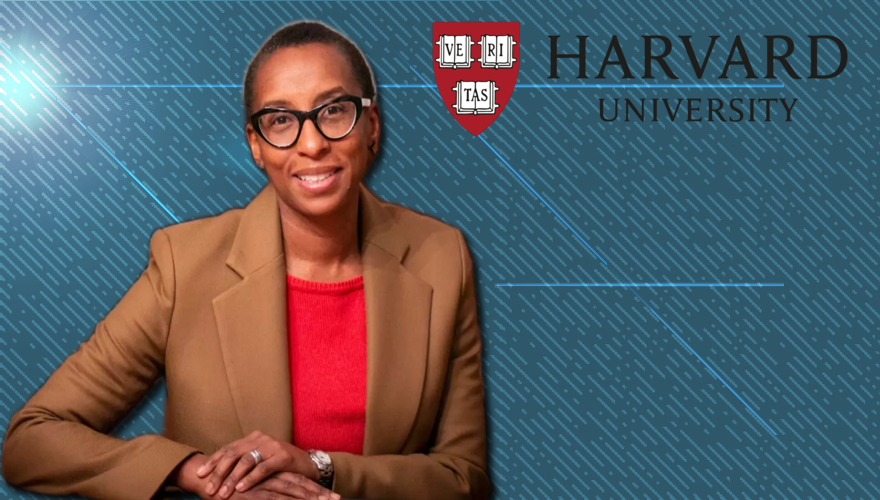Governor Kevin Stitt signed an executive order that will reduce the number of state-funded diversity, equity, and inclusion jobs in Oklahoma.
"We’re taking politics out of education and focusing on preparing students for the workforce," he said during a press conference on Dec. 13.
Supporters of the executive order argue that DEI initiatives encourage discrimination and intolerance rather than encouraging acceptance and multifaceted viewpoints.
The order prohibits any state agency from using any form of state resources to “grant or support diversity, equity, and inclusion positions, departments, activities, procedures, or programs to the extent they grant preferential treatment based on one person’s particular race, color, ethnicity, or national origin over another’s.” State agencies also cannot require a person “to participate in, listen to, or receive any education, training, activities, procedures, or programming” that “grants preferences” based on racial, ethnic, or gender identity to one group over another.
Oklahoma agencies cannot ask anyone applying for a job to “provide a diversity, equity, and inclusion statement or give any applicant for employment preferential consideration based on the provision of such a diversity, equity, and inclusion statement.”
Stitt ordered all state agencies to review their DEI efforts, including positions, procedures, and programs, and to “restructure and/or eliminate” anything deemed unnecessary. The agencies and higher education institutions must submit their reports by May of 2024.
“Nothing in this Executive Order should be construed to prohibit the promotion of civil discourse and debate or speech that is protected by the First Amendment of the U.S. Constitution,” wrote Stitt. “On the contrary, civil discourse, viewpoint diversity, intellectual rigor, and evidence-based approaches to history and education and merit-based consideration in employment should be encouraged rather than unconstitutional preferential treatment.”
Data from the Oklahoma State Regents for Higher Education indicates about $10.2 million was spent on DEI programs over the last ten years, per KFOR.
“Though we are obligated to comply with the governor’s executive order, we will remain committed to ensuring an education from the University of Oklahoma remains accessible and available to all, and we will continue to work to recruit and retain a workforce of talented and qualified minds that is representative of our state,” said Joseph Harroz Jr., the president of University of Oklahoma, in a letter to students on Dec. 13. “In the coming weeks, we will issue further guidance on our compliance with this mandate while staying true to our values.”
Stitt’s order was praised for taking a stand against educational initiatives increasingly regarded as an extension of the progressive political movement.
“Race, ethnicity, gender, and heritage should not be used to discriminate against any person. Yet, discriminatory DEI programming has done damage on college campuses—fomenting division between students, eroding free speech rights, threatening academic freedom, and bloating school bureaucracies, which in turn drives up tuition costs,” Patrice Onwuka, director of Independent Women’s Forum’s Center for Economic Opportunity, said in a press release. “Furthermore, these efforts do not prepare young women and men for the diverse workforce that values aptitude, grit, and skill, not a sense of entitlement driven by victimhood.”
Brett Farley, the executive director of the Catholic Conference of Oklahoma, said that valuing diversity must be done “in a way that respects the constitutional right to exercise faith free from coercive and discriminatory public policies.”
“Unfortunately, programs and policies operating under the guise of diversity, equity, and inclusion, particularly in our universities, have been shown to neither achieve meaningful diversity nor prepare our students for work and citizenship," said Farley.

